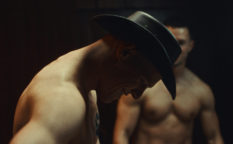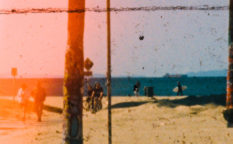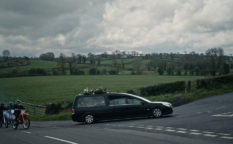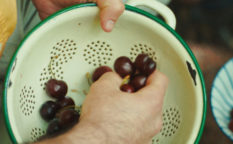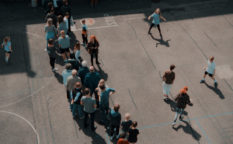Review: Cochihza (2013)
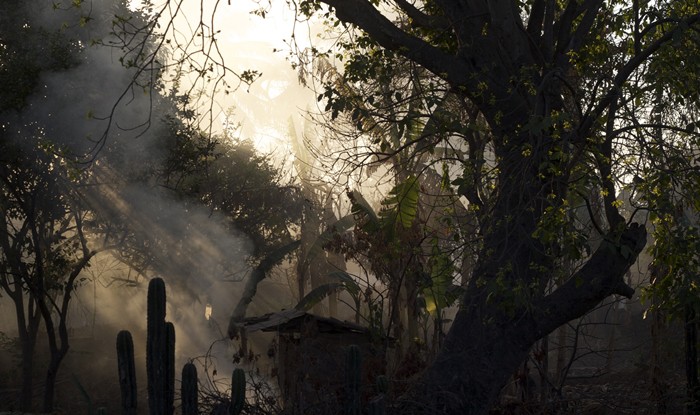
One could not help wondering how come has a film from 2013 found the way to a film festival programme in 2020. And Khristine Gillard’s Cochihza is not some obscure work that has waited to be discovered. It was shown at the home turf of Belgium, but also in France, Taiwan and the US, the latter being as a part of the Documentary Fortnight programme at MoMA in New York. Therefore, being a part of the official selection, not a tribute/retrospective/sidebar, at a film festival (in this case, the online edition of Pravo Ljudski Film Festival) is still an oddity if not a mystery.
The answer could be fairly simple and it probably is. Nothing much changed for the documentary and what it portrays in those seven plus years, so Cochihza could have been filmed years before 2013, or it could have been filmed this year, what we see would be the same. It is an essay about the nature, the people living their simple lives and the harmony under the shadow of something quite threatening.
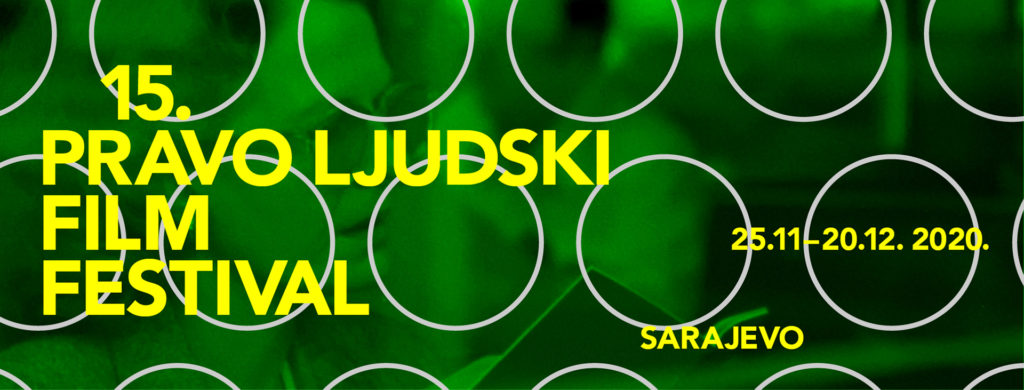
The location is Ometepe Island in the Cocibolca lake in Nicaragua, and the village under the mountain which turns out to be the active Concepción volcano. The life goes on in its own rhythm, due to the predominantly low-tech culture. People work in the agriculture, cultivating bananas, melons and herbs, the kids play and there is the annual festivity ritual in which the villagers wave the banana leaves to “please” the volcano not to erupt. There is almost no technology there and also almost no communication with the outside world. We see one visiting boat that collects the bananas roughly half-way through, and the only motorized vehicle (a truck) wanders into the picture near the end of the film. The sky seems always grey, like the rain is going to fall any time, but that is not a cause for an alarm.
One man that could serve as our guide in this, otherwise strictly observational, documentary is Hamilton, the local poet, philosopher, historian and anthropologist of sorts. He enjoys his rituals like the daily games of chess with his botanist friend and writing things down to his notebook. His knowledge of the local oral history is fascinating, but the most precious thing he shares with us is an introduction to the local thinking system. The questions he asks in his notebook about the cosmic and natural phenomena are here with us since the ancient times and are equally interesting nowadays.
Of course, Hamilton is the sort of man who has climbed up the mountain and took a peek into the lava cauldron, so he can warn Gillard that grey skies are not the problem, while red from the dust and hot ashes, however, are. He is the focal point of the film, but Gillard observes many others through the lens of the talented DoP Sebastien Koeppel, capturing the constant rhythm of life and the harmony between the nature and its inhabitants who are well aware that one day they will be gone, one way or another. The editing by Julien Contreau is lead by the associations and colour schemes rather than chronology or actions, so Cochihza works fine as a piece of cinematic meditation.
Year: 2013
Runtime: 59’
Country: Belgium
Language: Spanish
Directed by: Khristine Gillard
Written by: Khristine Gillard
Cinematography by: Sebastien Koeppel
Editing by: Julien Contreau
Sound by: Josefina Rodriguez
Colourist: Michael Cinquin
Assistant director: Marco Rebuttini
Produced by: Sophie Bruneau, Marc-Antoine Roudil
Production company: Alter Ego Films
Co-production companies: CBA, Néon Rouge
Supported by: Centre du Cinéma et de l’Audiovisuel de la Fédération Wallonie-Bruxelles, VOO

